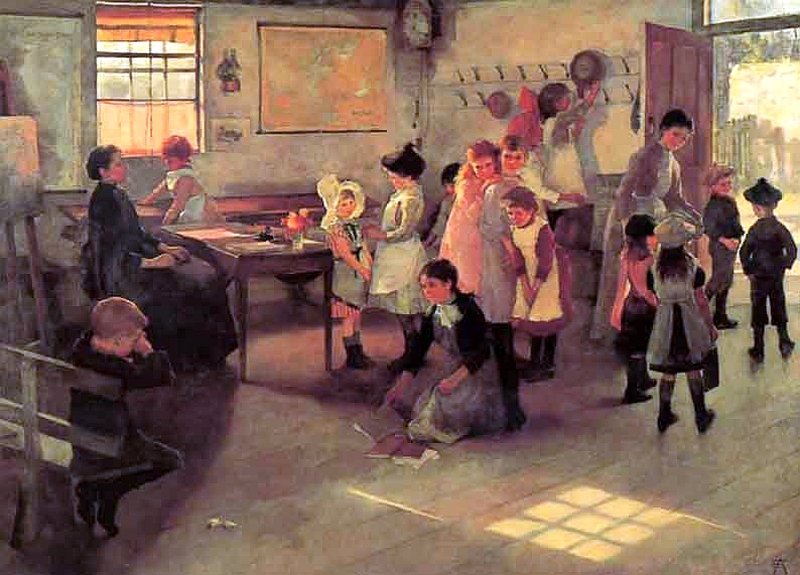Structure Time, Not Content
Why Your Kids Need a Rhythm, Not a Checklist: I used to think a “good homeschool day” meant my kids completed what I assigned. But one day I noticed something: the more I managed, the less ownership they took, and the more overwhelmed I became. And it hit me—if my kids can only learn when […]
Structure Time, Not Content Read More »










